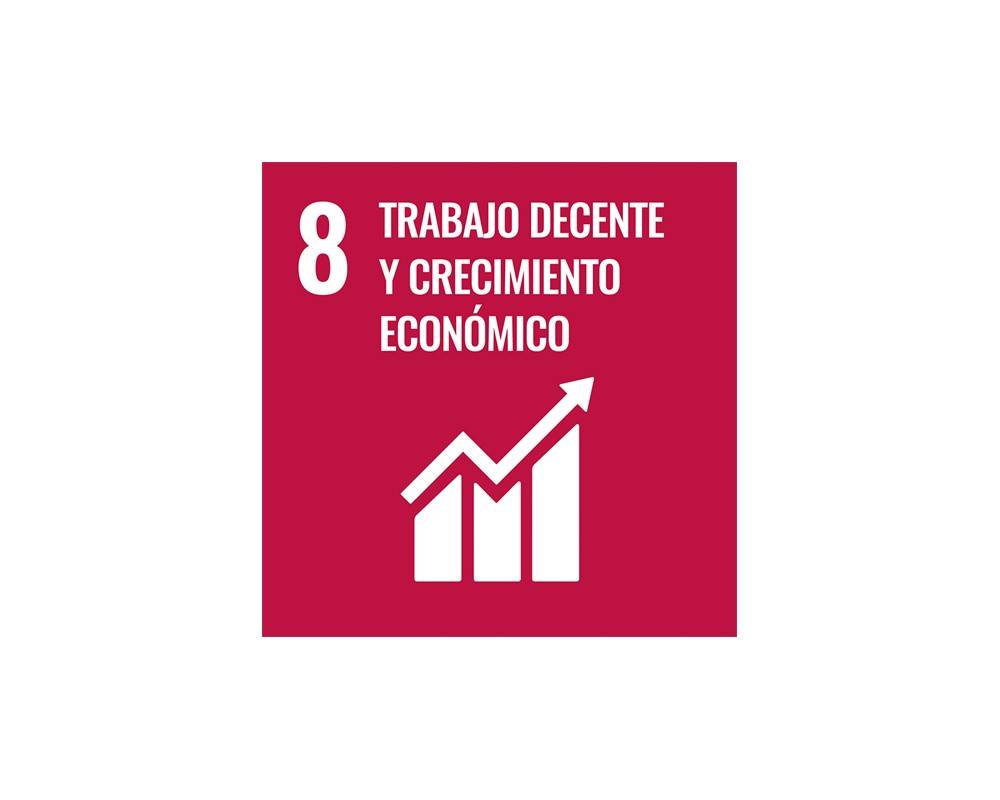1. Capturing
Develop, assess, and approve lessons learned
Lessons learned: A key element to continue improving
We set out action plans based on our incidents and claims related to safety, protection of the environment, and our relationship with society. We monitor and assess the efficiency of the actions to be able to respond to these impacts. This enables us to learn from our mistakes and gain opportunities to improve within the organization.
In the area of sustainability, ensuring the safety of people and the environmental protection are the greatest commitments we have at Repsol. That is why we work every day to improve safety in our operations wherever we are, focusing on facilities, processes, and people with a preventive approach to anticipate events.
We have very advanced systems and standards in place, but in addition to maintaining and further improving them, we continue to work on organisational learning.
In order to be successful, it is essential that safety knowledge be shared and reach different areas, businesses, and facilities. Lessons learned are knowledge gained through reflection on an experience or process that could have significant consequences for safety or the environment and which is shared for the sake of continuous improvement and learning.
How our lessons learned process works
It is integrated at the facility, business, and company level and consists of three stages:
1. Capturing
Develop, assess, and approve lessons learned
2. Sharing
Communicate and disseminate
3. Learning
Follow-up and monitoring of implemented actions
We continually look for areas of improvement in our research and in our day-to-day operations. Here are some examples:
Lessons learned can be shared in different ways. What is important is that the information reach the target audience it could affect, promoting new ways of getting better communication and feedback from operations.
At Repsol, we view learning as improvement. A lesson learned implies a change in how we manage safety and requires actions that ensure that this learning is continue over time and is reflected in the improvement of our safety culture. The role of leaders is fundamental in this process.
Once our lessons have reached their targets, the managers of the business, department, or facility in question must identify preventative action plans. For learning to take place, it is vital to ensure that the actions defined can be implemented as quickly as possible and that both their effectiveness and the learning process itself are assessed regularly. For example:
Lessons learned examples
In our lessons learned tool, all learning is recorded and prioritised according to the stakeholder group to which it applies. From there, we propose our own actions for the centres or related activities, including the effectiveness of each one.
To support the dissemination of lessons learned, the Upstream business has produced a series of videos to share what we have learned over the past 5 years, including lessons that reinforce our basic safety rules.
All videos include a description of the lesson and a section with actions arising from the lesson, for example: *Dropping objects: on a sliding drill rig, a side plate of one of the thrust jacks became detached. The lesson is available in the database and has been shared among operators and contractors globally and verified locally in similar installations.
Lessons learned from this event by all Exploration & Production business units:
In the downstream area, we also apply the lessons learned over the years. We believe it is necessary to continue fostering a culture of transparency that encourages communication, the consideration of human factors in incidents, and the improvement of mechanisms for implementing improvement actions.
An example of a lesson learned was the consequences of a pump casing bleed rupture in the industrial area. A learning-by-doing exercise has been carried out at all sites in this area:
Contributing to the United Nations' 2030 Agenda
Through the followng SDG:

SDG 8
Decent work and economic growth
You may also be interested in